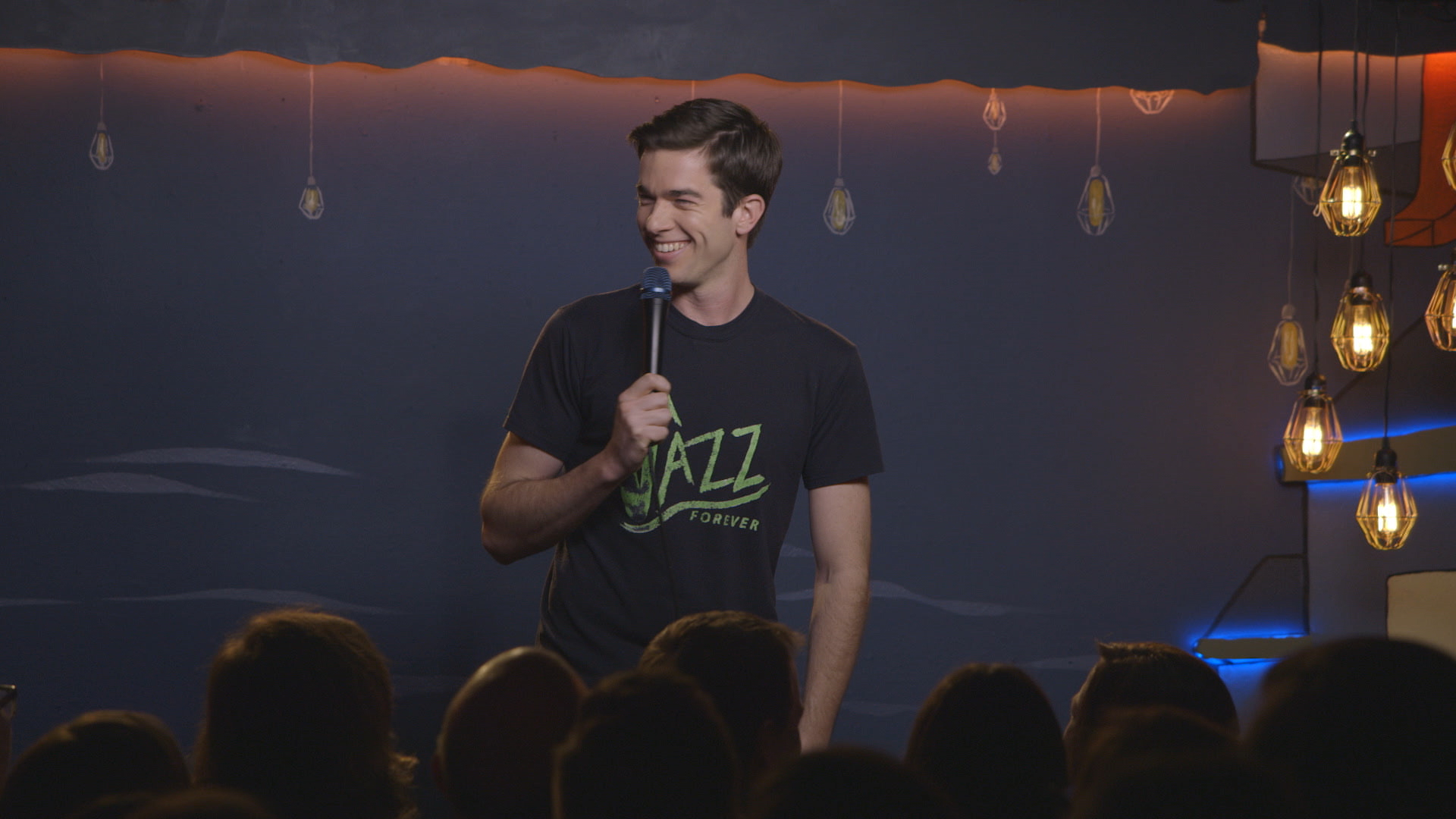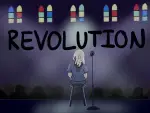Can comedians say anything they want anymore? Jerry Seinfeld famously declared that he would no longer be performing at college campuses, because he found the audiences too sensitive and easily offended. Other big stand-up comics have argued the same thing, claiming the culture of political correctness is stifling comedy and limiting free speech. How valid is such an accusation?
Certainly, for as long as there have been comedians doing jokes, there have been people not finding them funny. Are comedians really under greater fire, or has a traditional conflict between performer and audience simply become exacerbated and magnified by the modern era?
Stand-up comedy is inherently conflict driven. There is an air of tension one feels when entering a comedy club, an aura of blood, sweat, tears and drinks. Someone is about to stand up on stage, completely vulnerable and try their hardest to impress and entertain a group of strangers.
These strangers may decide they don’t like them for arbitrary reasons, or they may hate the comic’s material. Some of them may be drunk and looking for attention, inclined to shout at the comedian to see if they can undermine their control of the room. All the while, the comedian is trying to assess whether or not their material is landing, why it is or isn’t and, most importantly, concentrating on staying cool on stage. Stand-up comedy can be rough.
Any comic will tell you a litany of stories about times they’ve bombed on stage, and every comic who has kept at their craft will also tell you how the moments they bombed helped them get better. Failure is an essential part of learning any skill. With comedy, failure just so happens to be very public. Being met with total silence after telling a joke is an agonizing experience no one soon forgets.
Comedians tend to record their sets on stage so they can listen back for times jokes landed and why, or vice versa, because every stand-up performance is also a workshop and feedback session. No matter how much planning you do, how many times you’ve run your material past other comics and friends, the only true litmus test for how funny you are is putting yourself in front of a group of people who don’t care if you live or die so long as they’re entertained. Comedians learn from their audiences in order to hone their craft.
Of course, such a method produces a wide variety of comedic styles dependent on region, audience demographic, night-to-night mood and the comic’s personality. There are a ton of different styles of comedy out there. Performers like Louis C.K. and Marc Maron are older, seasoned comics, and tend to be angry, disgruntled, callous or rude. Aziz Ansari brims with electric energy, pacing around stage shooting jokes out into the audience about more modern issues as serious as sexual harassment and as trivial as the thread count of linen sheets and his cousin’s college essay.
John Mulaney delivers all his bits through a barely contained smirk, while Hannibal Burress seems almost to lean back into a sitting position while his legs remain firmly planted. Bo Burnham runs a tight, heavily rehearsed show punctuated by sound-effects, light displays and musical pieces.
There is comedy for everyone, but not all comedy is for everyone. No one has to like every comedian they see or hear, which has never been the case. For as long as there’s been comedic performance, there’s been disagreement amongst audiences about whether or not something said was funny or not. People have always loved and despised the person holding the microphone.
So what’s changed? Nothing much, just the internet, allowing for the immediate communication of ideas and opinions on hot button issues, and people, to be spread across the world at lightning speed. Now, if you don’t like a comedian or what a comedian said, you can easily find scores of others who agree with you, including many who’ve frequently found themselves at the brunt of jokes who may not have had a platform to voice their concerns before. Comedians aren’t being censored, they’re inadvertently performing to a much larger and more varied audience than ever before.
Of course, such a situation is a double-edged sword. Comedians can very easily be taken out of context if they’re recorded without their knowledge. They may be testing a bit they themselves aren’t sure of, only to have the half-formed joke spread across the internet and made to represent their entire career. A comedian is justified in being upset and angered by such a situation.
Comedians are not, however, justified in being angry with audiences for not liking their jokes in their full context. There’s a reason tons of comics have stories about furious people coming up to them after shows. Not everyone is going to like your comedy, and if every audience you perform to isn’t responding well to your style, maybe the issue isn’t them. In his anti-college decree, Seinfeld comes across as a child throwing a fit because the material he’d been successful with before is not still working for him. Who would have thought that a cultural shift might occur over the course of two decades? Unbelievable!
Comedians shouldn’t reject their audiences outright for not responding well to their material. Of course, there may be very irrational responses to bits, over-inflated to the point of hysteria and smeared across the internet in think pieces until everyone’s exhausted by the subject, but tough shit, that’s stand-up comedy. Not everyone is going to like you, and you have to accept that. Every comedian is unquestionably allowed and has a right to say whatever they want on stage, but every audience is allowed to react how they want too. The nature of the relationship between performer and audience is intrinsically contentious and always has been.
So, no, I don’t believe PC culture is killing comedy. It is fair to say more comedians are being taken out of context and unfairly put on public trial, because of material they may not have intended to put out to such a wide audience. The internet has changed the nature of comedic workshopping by propping the comedy-club door open a crack and allowing for millions of people to look inside at material before its ready. Such is a valid issue in the world of comedy, but censorship really shouldn’t be considered comedy’s largest problem.
If you want to discuss problems within the world of stand-up, I would direct you to consider how few women, people of color and LGBTQ+ people make it up on stage. If you want to help comedy, support those comedians. A great way to find them is by listening to “2DopeQueens” a podcast hosted by the brilliant and hilarious duo of Jessica Williams and Phoebe Robinson, which showcases comedians one wouldn’t usually encounter on Netflix. Instead of complaining about how the ’90s giants just aren’t getting the same laughs as before, broaden your horizon and look for new, fresh performers. You’ll find comedy is far from dead.

















